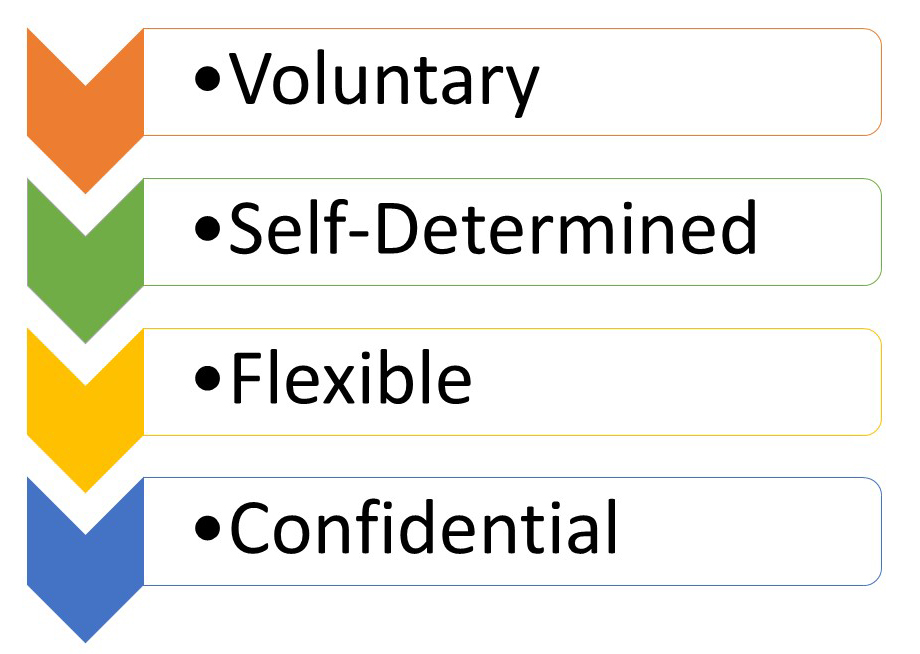Mediation
What is mediation?
Mediation is likely the best-known ADR procedure and accommodates many types of disputes. In a mediation, an impartial person called the mediator assists with communications between the parties to promote reconciliation, settlement, or understanding among them. The mediator has no independent authority to impose a settlement. The parties may have attorneys with them or may choose to participate without attorneys. If the parties reach an agreement, that agreement is a binding contract.
When might mediation be appropriate?
Parties to a dispute usually start considering mediation when direct negotiations have broken down. When parties can no longer effectively communicate, turning to a mediator will enhance their chances of successfully resolving their dispute. In some circumstances, mediation is part of an ADR system, such as when parties are referred to mediation by a clause in a contract, a workplace policy, or a judge.
Key Principles
- Voluntariness: the parties maintain control over the outcome: whether to settle and on what terms.
- Self-determination: the ability of the parties to participate effectively and to make free and informed choices as to the process and the outcome.
- Flexibility: the mediation process can be molded to the needs of the parties, and its scope can reach beyond what a court could consider.
- Confidentiality: generally, communications made during the course of the mediation are confidential. Some states, such as Texas, have statutes that address the level of confidentiality in mediation.
Contact us to request mediation services.
Suggested Reading
Many books are available on mediation – below are a few recommendations:
- Golann, Dwight, Mediating Legal Disputes: Effective Strategies for Neutrals and Advocates. American Bar Association, 2009.
- Kovach, Kimberlee K., Mediation: Principles and Practice. 3rd ed. Thomson/West, 2004.
- Moore, Christopher W., The Mediation Process: Practical Strategies for Resolving Conflict. San Francisco: Jossey-Bass, 1986.
